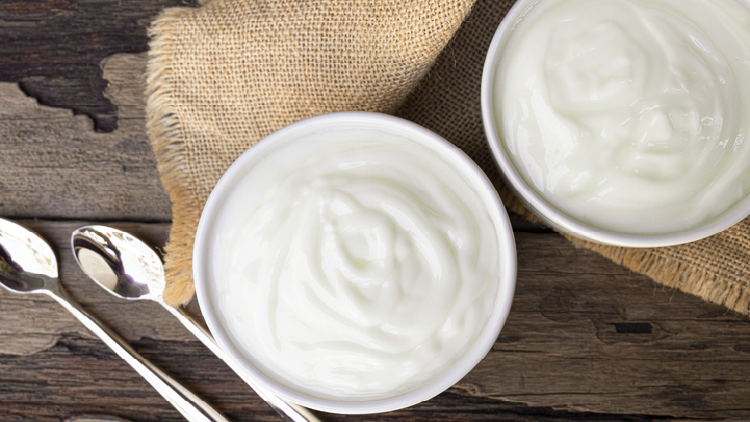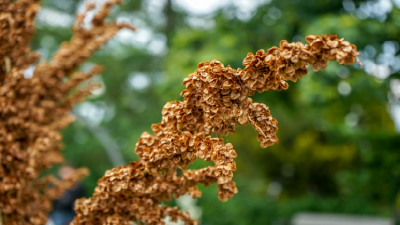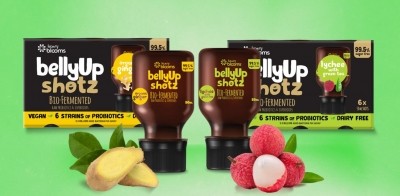China probiotic expansion: Bright Dairy unveils R&D, collaboration and NPD priorities

Founded over 100 years ago, Bright Dairy is listed on the Shanghai Stock Exchange with portfolios in yogurts, milk, on top of probiotics.
Speaking to NutraIngredients-Asia, Dr Liu Zhen Min, head of Bright Dairy Research Institute said the R&D direction was in line with the company’s mission on disease prevention via the consumption of functional foods and beverages.
“We will place more attention on disease prevention. Fermented milk can evolve from providing basic nutrition to offering functional benefits.
“Functional fermented milk can also bring about industry structural upgrades. This is also beneficial to a strong and better-quality dairy industry and promote high quality developments in the industry,” Dr Liu said.
Currently, the company's probiotics products include the room temperature yogurt drink branded “Momchilovtsi”. It was named after a Bulgarian town where the strain used in the product - Lactobacillus delbrueckii subsp. Bulgaricus L99 - was isolated.
Asked the upcoming plans, Prof Liu said there could be new functional yogurt for regulating blood lipids, weight control, and even those for regulating mood and improving memory.
In fact, a patent has been filed on the firm’s proprietary probiotic strain Lactobacillus plantarum ST-III for regulating blood lipids.
At present, this strain is also used in the firm’s yogurt “Chang You” – a product which also claims to modulate the gut microbiome.
Another patent has also been filed on its proprietary strain Lactobacillus casei LC2W for regulating high blood pressure. The strain is used in the yogurt drink branded “JCAN”.
Aside from analysing the functional uses, the firm will also find out the potential health benefits of new bacteria genus beyond the commonly known ones such as lactobacillus and bifidobacterial.
Strains library
In fact, the company currently owns a lactic acid bacteria strain resource library which has collected over 5,400 strains since the project started in 2011.
The strains are collected from major dairy producing regions in China, such as Xinjiang and Tibet.
“The shepherds will collect milk to make their own cultural products and this is a readily available pool of bacteria strains that are potentially good for health.
“Bright Dairy plans to visit Xinjiang, Tibet, and Inner Mongolia every year to collect lactic acid bacteria resources and expand this resource library,” Prof Liu said, adding that other regions such as Sichuan with its fermented vegetables was another area that could be explored.
With the strains collected, the next step is to identify the characteristics of the strains via genome sequencing, molecule and phenotype analysis.
Following which, the research will look at whether the strains exhibit functional properties via in-vitro and animal experiments.
“[We will also assess whether] when the strains are used in dairy production, do they have a high lactic acid yield. Also, whether can they produce good metabolites, such as exopolysaccharides, as well as whether they exhibit good sensory characteristics,” he said.
Newer technologies such as metagenomics, microbiomics will also be harnessed during the research process.
“We will continuously study these strains and use new scientific technologies to increase the live bacteria count for a higher bioavailability, [as well as] taking into consideration consumers’ needs, market response to develop more yogurt products,” he said.
Human clinical trials on the products would also be conducted to validate the strains’ functionality.
Local culture
Based on the concept of “food is medicine”, the firm has plans to incorporate health ingredients commonly used in Chinese cuisine into probiotics.
Prof Liu revealed that potential candidates included goji berries and Chinese red dates, and these could be added into fermented milk.
About two months back, the firm signed a strategic cooperation with Shanghai Pharma with the goal of developing new probiotic products. The products will be centred on dairy applications and are expected to hit the shelves next year.
Dairy focus
In terms of dosage format, product development will be centred on dairy products, such as fermented milk and yogurt, as well as stick sachets.
Prof Liu said that dairy was a good carrier of probiotics since it contained nutrients and was provided ease of consumption.
There are also plans to use freeze-dried technology to make probiotic in stick sachets.



















